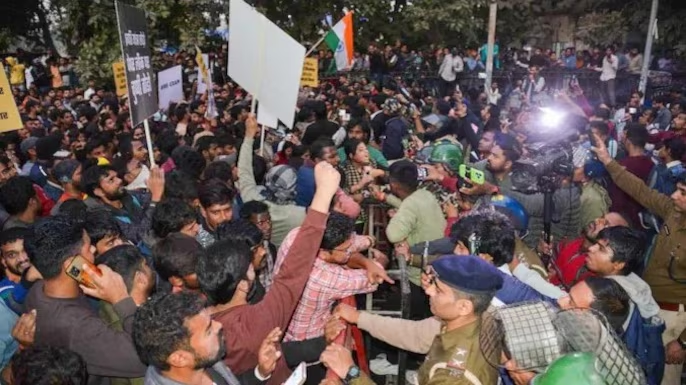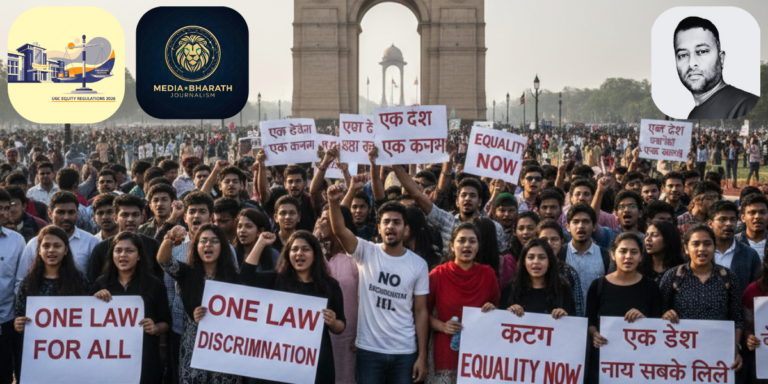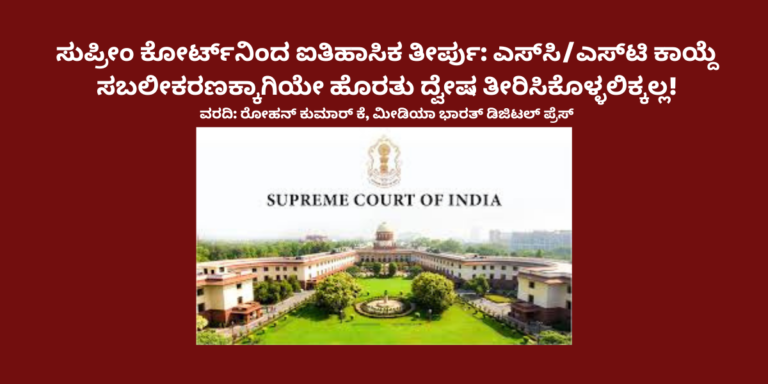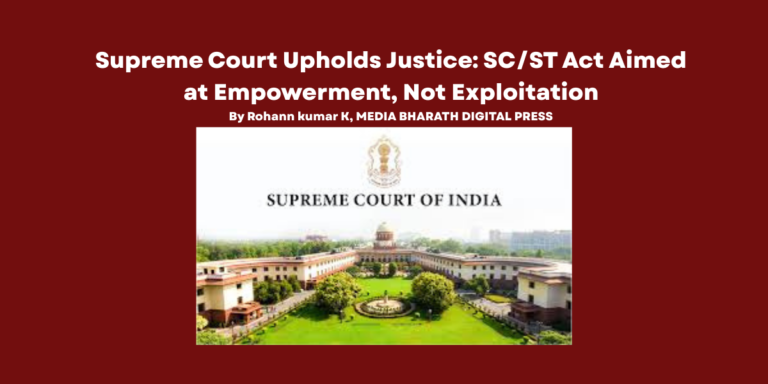
New Delhi, India – Robert Vadra’s recent comments linking the Pahalgam terror attack to the alleged “mistreatment” of Indian Muslims have ignited a firestorm of controversy, raising serious questions about the state of Indian politics and the role of its leaders. Vadra’s remarks, suggesting a justification for terrorism based on perceived grievances, have been met with widespread condemnation, particularly from the ruling Bharatiya Janata Party (BJP), who labeled them “irresponsible” and “divisive.”
The attack, which tragically claimed the lives of innocent Hindu pilgrims, has been widely attributed to Pakistan-backed terrorists, with a clear motive to incite communal tensions within India. Vadra’s statements have been seen by many as not only insensitive but also as a dangerous attempt to deflect blame and provide a narrative that indirectly supports the terrorists’ agenda.

There is a growing demand for concrete action, including the establishment of a dedicated board to safeguard the interests of the Hindu community, which has long felt targeted and marginalized. Additionally, there is a call for greater transparency and accountability from political leaders, with demands that they substantiate their claims with evidence rather than resorting to baseless accusations.
A Nation Demands Answers
The incident has reignited a national debate about the responsibility of political leaders in fostering unity and combating terrorism. Many are questioning whether leaders like Vadra still underestimate the intelligence and patriotism of the Indian populace. “Do they still think we, the Bharatiya Praja, are fools?” asked one prominent social activist. “His words are not just wrong; they are an unforgivable insult to the victims and to the spirit of our nation.”
The public outcry has highlighted a growing frustration with political rhetoric that prioritizes divisive narratives over national unity. Citizens from all walks of life are calling for a shift towards a more constructive and responsible form of leadership, one that focuses on empowering marginalized communities through education and genuine reform, rather than exploiting their vulnerabilities for political gain.
The Need for Unity and Reform
The Pahalgam attack has served as a stark reminder of the fragility of communal harmony and the urgent need to address the root causes of extremism. Many voices are advocating for a unified approach to combating terrorism, emphasizing the importance of respecting and protecting the fundamental rights of all citizens, regardless of their religious beliefs.
There is a growing demand for concrete action, including the establishment of a dedicated board to safeguard the interests of the Hindu community, which has long felt targeted and marginalized. Additionally, there is a call for greater transparency and accountability from political leaders, with demands that they substantiate their claims with evidence rather than resorting to baseless accusations.
A Turning Point?
The Pahalgam tragedy has the potential to be a turning point in Indian politics. It has exposed the deep-seated divisions that continue to plague the nation and has underscored the urgent need for a new era of leadership, one that prioritizes unity, integrity, and the well-being of all its citizens. The Indian people are demanding a change, and they are making it clear that they will no longer tolerate those who seek to divide them.



